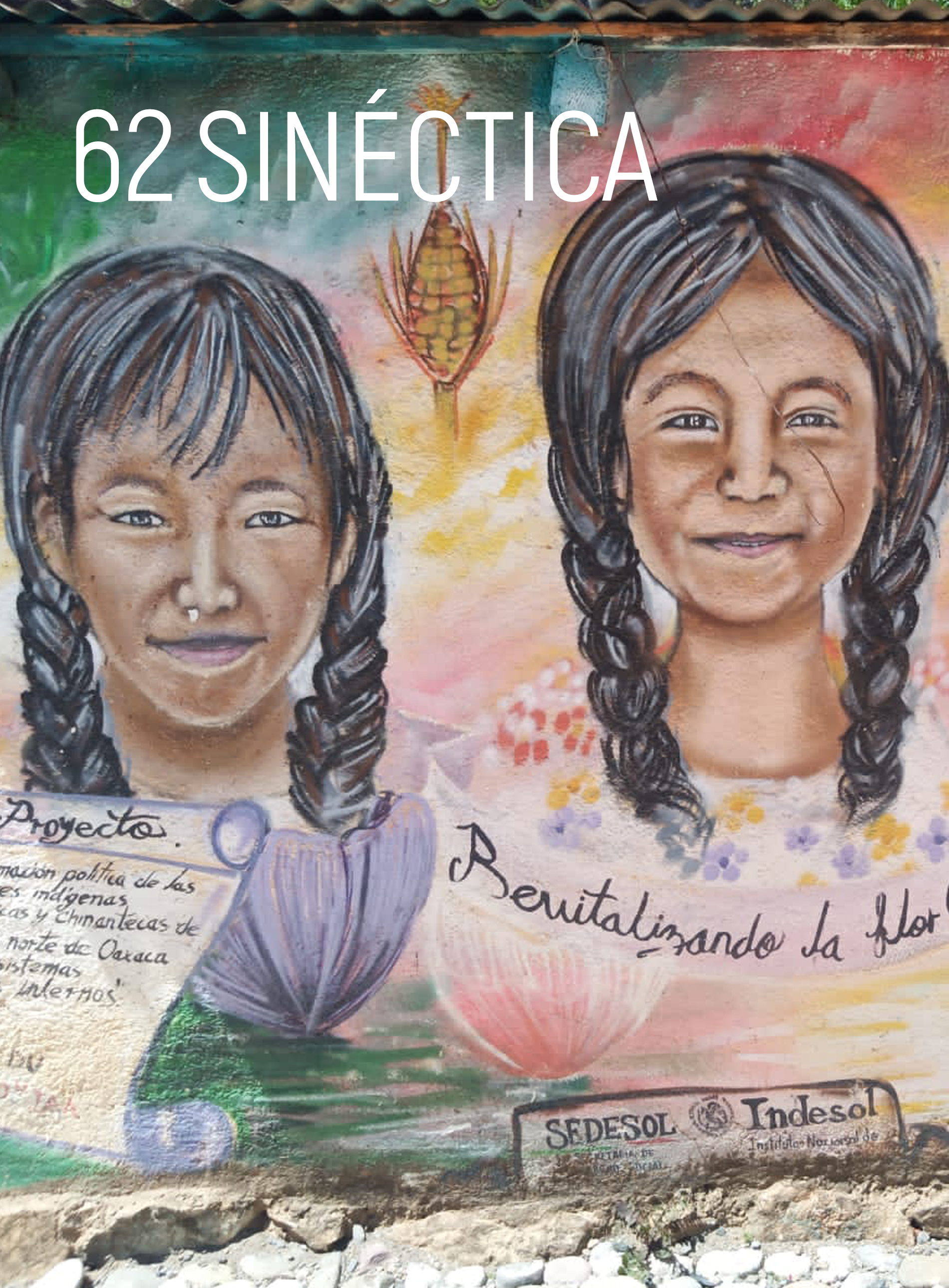The access of indigenous mexican intellectuals to the academy as a form of contribution to decolonization
DOI:
https://doi.org/10.31391/S2007-7033(2023)0061-013Keywords:
indigenous intellectuals, academy, decolonization, militancyAbstract
The article aims to problematize how indigenous Mexican intellectuals have occupied the academy as a trench of resistance in which little by little they are positioning the issues that involve them and their own communities. This research is approached from a dialogical ethnographic perspective, that is, an exploration that seeks to establish an approach that allows dialogue processes between indigenous intellectuals, men, and women who have been academically trained, mostly in the field of social sciences and humanities, and who maintain a commitment to indigenous communities. We find that access to the university and particularly the use of academic writing has made it possible, in the words of the indigenous intellectuals themselves, to move towards decolonization processes in which they claim the worldview of their communities.
Downloads
References
Ameigeiras, A. (2006). El abordaje etnográfico en la investigación social. En I. Vasilachis (coord.). Estrategias de investigación cualitativa. Gedisa.
Bartolomé, M. (2003, marzo). Las palabras de los otros: la antropología escrita por indígenas en Oaxaca. Cuadernos del Sur, Revista de Ciencias Sociales, año 9, núm. 18, marzo. https://cuadernosdelsur.com/revistas/18-marzo-2003/
Bolívar, R. (2013). Un acercamiento a la definición de intelectual. Estudios Políticos, núm. 30. https://doi.org/10.22201/fcpys.24484903e.2002.30.37544
Canales, P. (2014). Intelectuales indígenas en América Latina: debates de descolonización, 1980-2010. Universum, vol. 2, núm. 29, pp. 49-64. https://www.scielo.cl/scielo.php?pid=S0718-23762014000200005&script=sci_abstract
De Souza Santos, B. (2016). La difícil democracia. Una mirada desde la periferia europea. Akal.
De Souza Santos, B. (2010). Descolonizar el saber, reinventar el poder. Ediciones Trilce.
De Souza Santos, B. (2009). Una epistemología del Sur: La reinvención del conocimiento y la emancipación social. CLACSO-SIGLO XXI.
Dietz, G. (2022). Los saberes indígenas en la educación superior: entre ausencias y emergencias. En A. L. Gallardo & C. Rosa (Coords.), Epistemologías e interculturalidad en educación. México: Universidad Nacional Autónoma de México, Instituto de Investigaciones sobre la Universidad y la Educación, México.
Fernández, B. y Sepúlveda, B. (2014). Pueblos indígenas, saberes y descolonización: procesos interculturales en América Latina. Polis, Revista Latinoamericana, vol. 38. http://journals.openedition.org/polis/10323
Guido, S. (2012). Interculturalidad y educación en la ciudad de Bogotá: prácticas y contextos. Tesis doctoral. Universidad Pedagógica Nacional, Bogotá, Colombia.
Lander, E. (2000). La colonialidad del saber: eurocentrismo y ciencias sociales. Perspectivas latinoamericanas. CLASO.
Rama, Á. (1984). La ciudad letrada. Ediciones del Norte.
Ruiz, E. (2017). Resistencia epistémica. Intelligentsia e identidad política en el proyecto descolonial ñuu savi. Universidad Autónoma Benito Juárez de Oaxaca/UNAM/Juan Pablos Editor.
Sisto, V. (2008). La investigación como una aventura de producción dialógica: la relación con el otro y los criterios de validación en la metodología cualitativa contemporánea. Psicoperspectivas. Individuo y Sociedad, vol. 7, núm. 1, pp. 114-136. https://dx.doi.org/10.5027-psicoperspectivas-vol7-issue1-fulltext-54
Smith L. (2011). Caminando sobre terreno resbaladizo: la investigación de los pueblos nativos en la era de la incertidumbre. En N. K. Denzin y Y. S. Lincoln. El campo de la investigación cualitativa. Gedisa.
Walsh, C. (2005, 1-4 de diciembre). Interculturalidad, colonialidad y educación. Ponencia presentada en el Primer Seminario Internacional “Etno-educación, multiculturalismo e interculturalidad”. Bogotá. https://flacsoandes.edu.ec/sites/default/files/agora/files/1265909654.interculturalidad__colonialidad_y_educacion_0.pdf
Wright P. (1998). Etnografía y existencia en la antropología de la religión. Sociedad y Religión, pp. 16-17.
Zapata, C. (2015). Intelectuales indígenas en Ecuador, Bolivia y Chile. Diferencia, colonialismo y anticolonialismo. Casa de las Américas-La Habana.
Downloads
Published
Issue
Section
License
Copyright (c) 2023 Sinéctica

This work is licensed under a Creative Commons Attribution-NonCommercial 4.0 International License.
This work is licensed under a Creative Commons Attribution-NonCommercial 4.0 International license.
Authors who publish in Sinéctica agree to the following terms:
The authors retain copyright and grant the journal the right of first publication of the authorized work simultaneously under a Creative Commons Attribution License, which allows others to share the work as long as both the authorship of the work and the initial publication in this journal are acknowledged.
Authors may enter into additional separate contractual agreements for non-exclusive distribution of the published version of the journal (e.g., publishing in an institutional repository or a book), with acknowledgement of initial publication in this journal.
Authors are allowed to publish their work in institutional repositories or on their own website before and during the submission process, as it may generate productive exchanges, as well as earlier and greater citation of the published work.
Explanatory note: As of 2017 Sinéctica is governed by the Creative Commons Attribution Non-Commercial 3.0 International License, a version that standardizes licenses internationally.
Articles published between 1992 and 2016 are covered by a Creative Commons Attribution-NonCommercial-NoDerivatives 4.0 International license, which allows a work to be shared and distributed non-commercially and with acknowledgement of the author, but prohibits modification of the original creation.






















